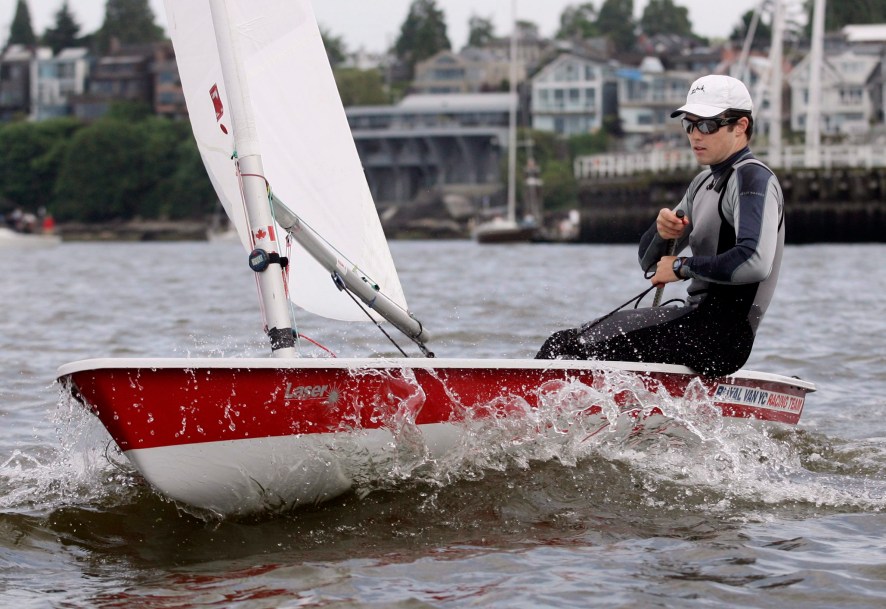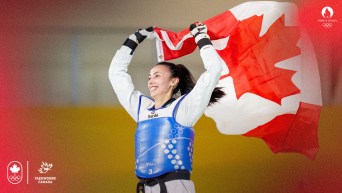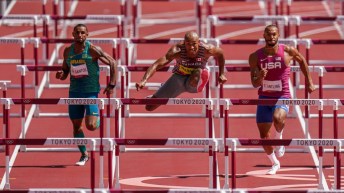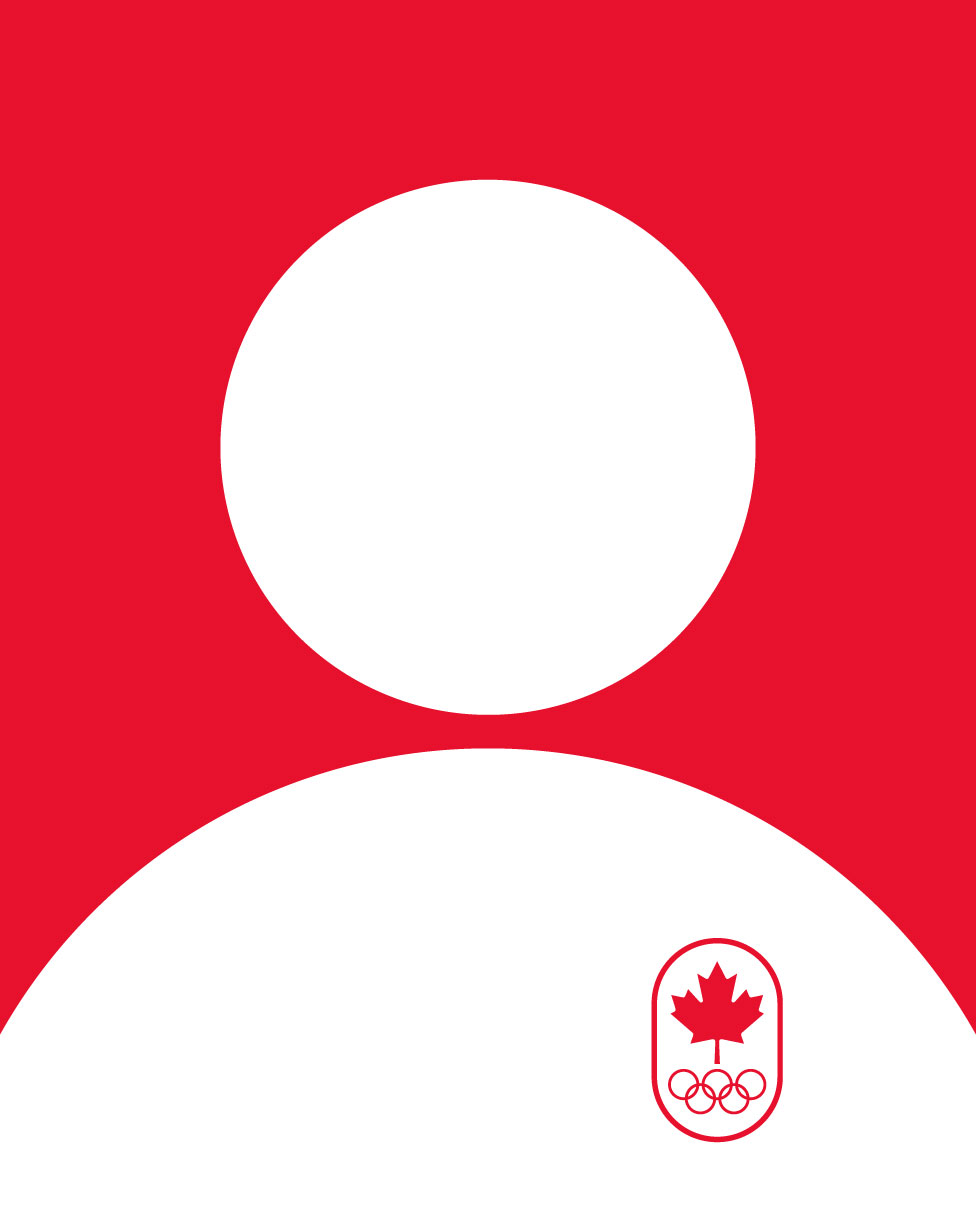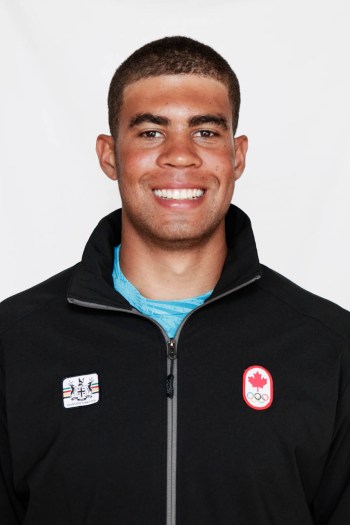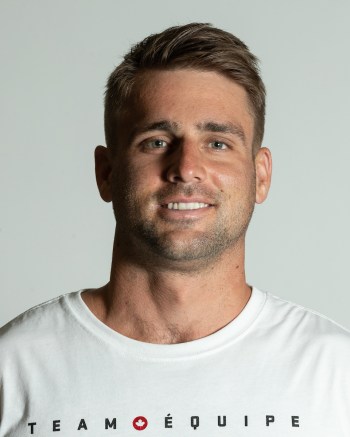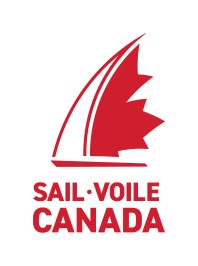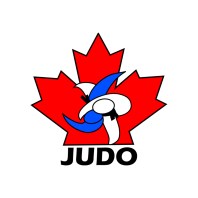A Life on the Water: Meet Mike Leigh, Olympic Laser Sailor
Mike Leigh will be in medal pursuit this August as a Canadian Olympic sailor. He will navigate the waters of the Yellow Sea in the laser event, for which he qualified at the 2008 World Championships back in February in Portugal.
How did you get into sailing? When did you start to realize you could compete on a major level?
I did a fair amount of cruising when I was younger and really enjoyed it. When I was six or seven, my parents signed me up for sail lessons at the Royal Vancouver Yacht Club. I had a great time, so I signed up for their junior race team. For many years, I was absolutely terrible, but then I eventually started to show potential. At 14, I made the junior national team. It was probably around then that I thought I could compete at a high level.
What is training like, particularly when preparing for a major competition?
We (sailors) typically spend a large portion of our time training and competing overseas, as we need to be training and racing against the best in the world. This makes it difficult to complete our desired fitness training program. My trainer designs a fitness program around my schedule.
In terms of sailing preparation, it compares to other sports. We try to identify our weaknesses, and then break them apart into small chunks. Then we create drills that isolate each specific component, and work on them until we have perfected the skill or a more glaring weakness arises.
I spend between 10-15 hours a week on my land training, and up to 30 hours a week on the water.
Can you describe the laser event for those who may not know it? How does it differ from the other sailing events?
Each sailing event is incredibly different. In the Olympic Games, all the racing is inshore around the ‘cans’ racing. The course is a trapezoid, and typically takes around one hour to complete for the laser. Eleven races have been scheduled and the cumulative scores for all the races are added up and the person with the lowest score wins.
What skills go into every laser race?
The laser is very physical when it gets windy. We use our body weight to keep the boat flat as this is when the sails and foils (rudder and centerboard) work best. To accomplish this upwind and on reaches, we hook our toes under a strap and lean out as far as we can.
When the wind lightens, there is less power in the rig, and we dont need to lean out as far. In China, we anticipate very light winds, so the racing probably wont be anywhere as physical as it normally is. Instead it will be incredibly strategic and tactical, and therefore very mentally draining. The regatta is also held over a long time frame, which can add extra mental pressure.
Few Olympic sports are as firmly linked to Mother Nature as is sailing. What is it like to do battle with the sea and the wind like you do?
I really enjoy being presented with a new challenge every race. The conditions are always changing, so you constantly need to adapt.
What does a world ranking of fifth mean to you?
I don’t really think about it. I’ve been ranked in the top 5 for some time now, so the novelty has worn off. It would be cool to make it to number one.
Three years ago you suspended your kinesiology studies at UBC to focus full-time on sailing and try to compete in Beijing. You’ve spent a lot of your own money in doing so. Now you have successfully qualified. Can you describe this entire adventure?
Three years ago, I was presented with a great opportunity to sail full-time. In Canada, that is rare, so I jumped at the chance. However, I wanted a way to judge whether the next three years would be successful other than just my results – so I decided that I would try to use this opportunity to learn as much as I can. That was one of the best decisions I have made.
What has been the best moment of your career thus far?
The best moment of my career was probably at the French Olympic Week this year. If I had a poor race, I would drop back significantly in the results. There were two races that day, and as it was finals series, it was really difficult. I managed to have a great first race, and pull even with the overall leader. Going into the last race, the two of us had a pretty big jump on the rest of the fleet in terms of points, and he was match racing me back. Finals racing is very difficult, but even harder when someone is trying to force you back. Fortunately, I was able to stay composed, and execute incredibly well. There is something really special about staying composed and executing under extreme pressure, and it was a great experience.
What is your plan for Beijing?
To have fun and learn as much as I can. I am really excited and nervous about competing in the Games. A lot of people have told me that racing in the Olympics is 90% mental, and 10% physical. The closer the games gets, the more apparent this fact is. I am really looking forward to it as it will be a great challenge.

